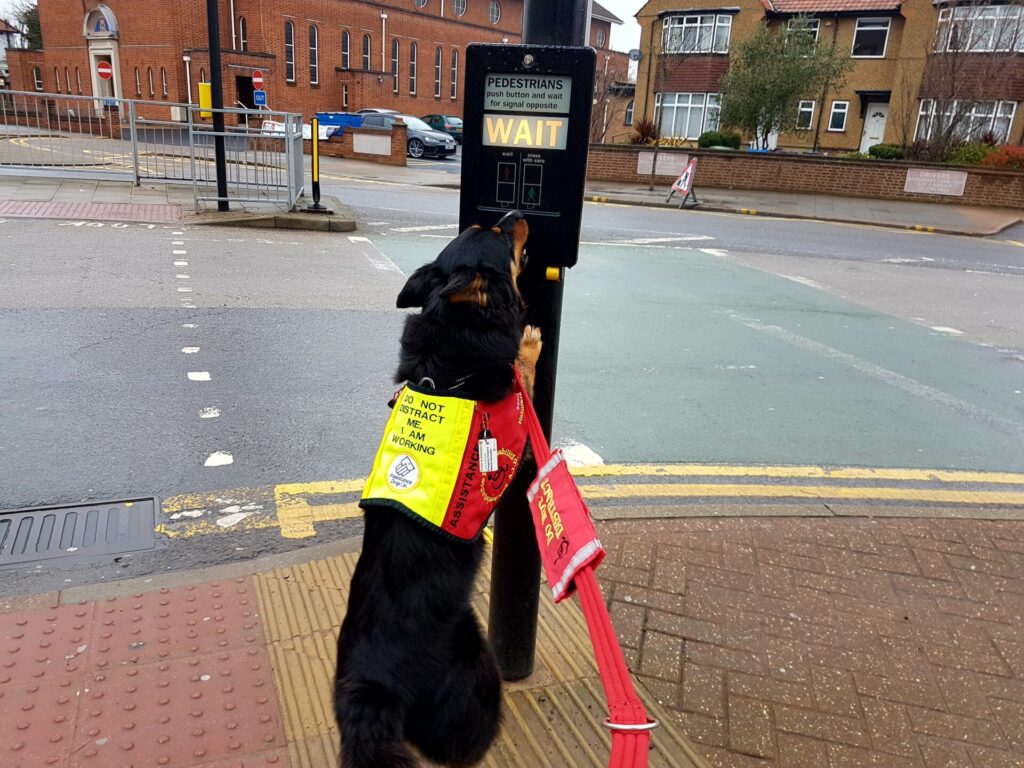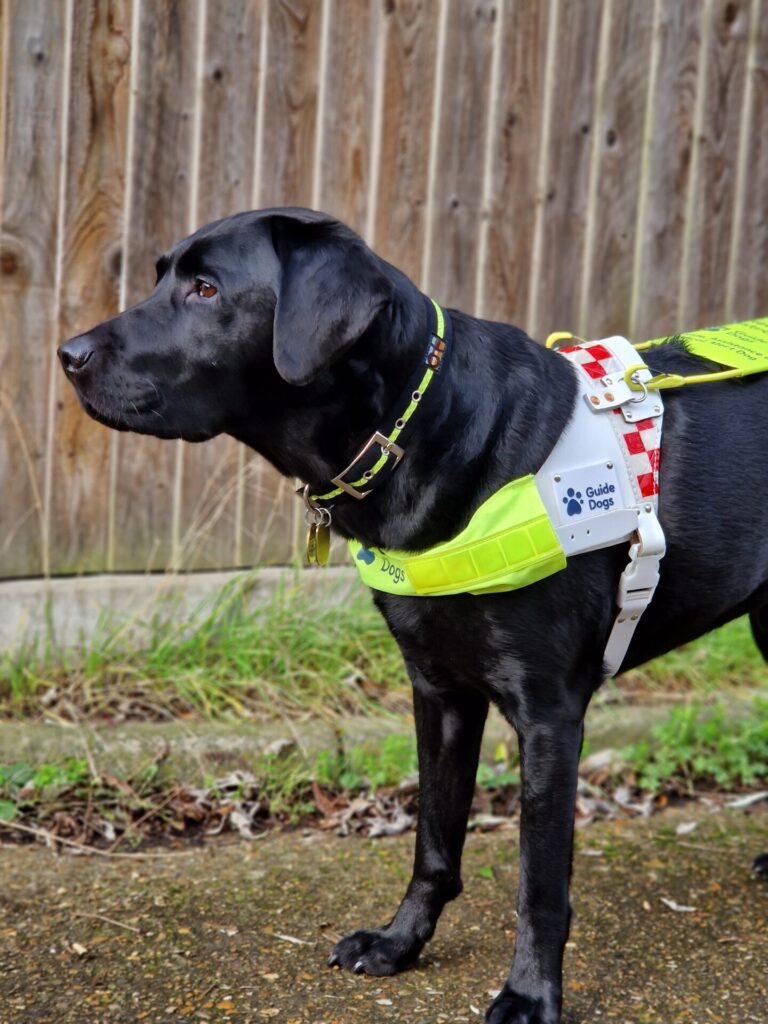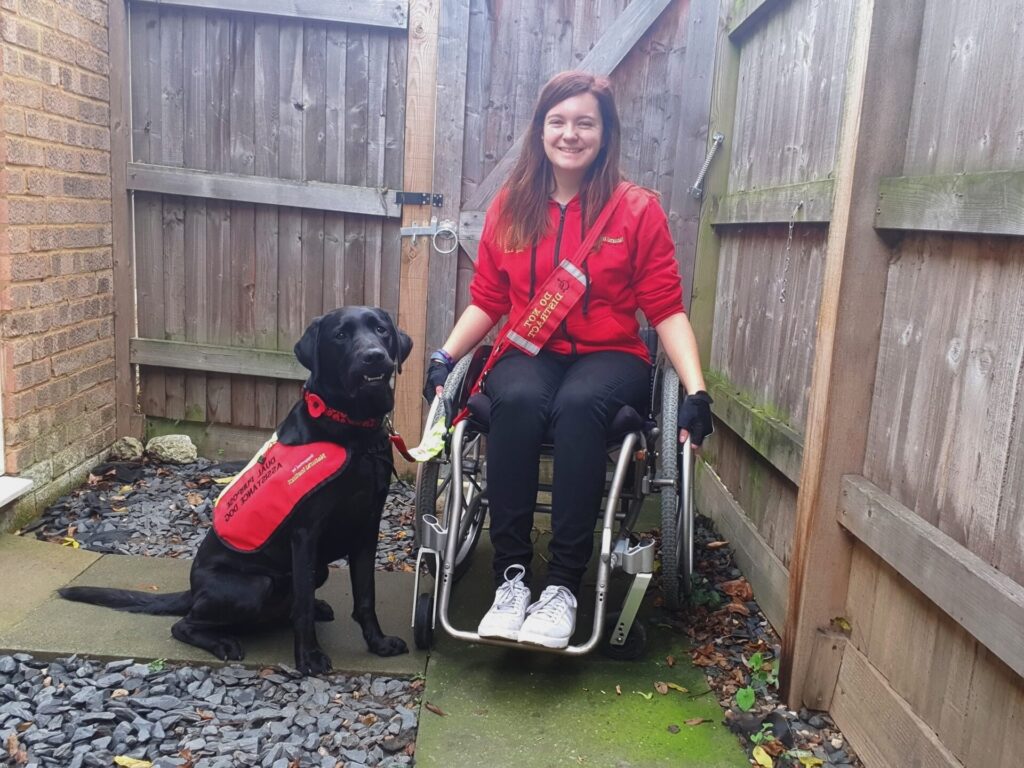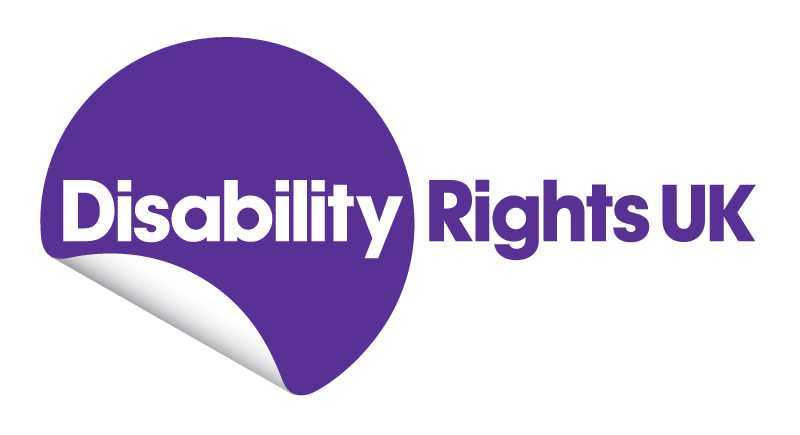International Assistance Dog Week: the rights of entry for Assistance Dogs and the impact access refusals can have on the handler
For International Assistance Dog Week, The Coalition and Sensory Services by Sight for Surrey are sharing advice on rights of entry for Assistance Dogs, how to act around an Assistance Dog and the impact access refusals can have on the handler.
What is an Assistance dog?
Assistance Dogs are highly trained to support Disabled people through tasks such as guiding a visually impaired person around objects, alerting a D/deaf person to sounds, picking up dropped items for someone with reduced mobility, or providing deep pressure therapy for an autistic person who is feeling overwhelmed.

Rights of entry for Assistance Dogs
Is it a legal requirement to allow an Assistance Dog into a public space or business?
Yes, Assistance Dogs are legally recognised as ‘Auxiliary Aids’. Just like a person’s wheelchair, cane, or crutch, and as such they are permitted to accompany their handler in public spaces such as restaurants, shops, taxis and hotels where pet dogs are not usually allowed.
This is considered a ‘reasonable adjustment’ under The Equality Act 2010 to ensure that Disabled people who rely on an Assistance Dog are not put at a substantial disadvantage.
The Equality and Human Rights Commission (EHRC) have confirmed that, in the UK, Assistance Dogs may be trained by:
- Charities who are members of the Assistance Dogs UK (ADUK) coalition.
- Charities, community interest companies, and private businesses who are NOT members of the ADUK coalition.
- Independently by the owner.
Does a handler have to carry an ID book?
Some, but not all, Assistance Dog handlers will carry an ID book if their dog is from a registered charity or business, but there is no official registration or certification process for Assistance Dogs in the UK and so there is no legal ‘proof’ that businesses can ask for. Assistance Dog users should not be turned away because they do not have any ID. If the person is disabled and their dog is trained to mitigate that disability, then they must be permitted access.
In the very rare and unlikely circumstance that an Assistance Dog is not behaving as expected, then businesses may ask them to leave as it is no longer considered a ‘reasonable adjustment’ to have that dog in a public place. This is why all Assistance Dogs must be highly trained, regardless of where or by whom that training takes place.

Megan’s access refusal story:
Megan is an Assistance dog handler and works as the Involvement Officer for The Coalition. She shares her story about access refusals with her Assistance Dog
Despite laws which protect the rights of Disabled people with Assistance Dogs, it is not uncommon for handlers to be refused access. I have been turned away from multiple restaurants, supermarkets, taxis, hotels, museums and even by my GP surgery, simply because I had my Assistance Dog with me.
When access refusals happen, I am left feeling like a second-class citizen. My Assistance Dog gives me independence and safety; he enables me to access the world and live my life to the fullest. When this is taken away by those who choose to discriminate and break the law, the impact is devastating. I don’t think people realise that by turning me away because I have an Assistance Dog, they are telling me that I am not welcome here because I am disabled. It really hurts and can have a lasting impact on my confidence.
I have been an Assistance Dog handler for just under a decade now. I am very aware of the laws and my rights and can advocate for myself well, but doing this daily is exhausting. I wish more businesses were aware of the laws so that one day I can simply buy milk without being questioned by security, followed around the shop, and treated like a criminal.

Below is advice on how to act around Assistance Dogs:
- Please always ask the handler before interacting with their dog and respect their answer, whatever it may be. Assistance Dogs are not public property and are not there for entertainment.
- Many Assistance Dogs will have the words ‘do not distract’ on their vest or harness. Do not distract doesn’t only mean no petting, but also no talking to the dog, making kissy noises, clapping or clicking, meowing and barking, staring directly at them or otherwise trying to get their attention.
- Please don’t feed working dogs or offer them treats without first asking the handler.
- Please do not take photographs of Disabled people and their Assistance Dogs without asking, this happens often and can make the handler feel very uncomfortable.
- Please do not bring over your pet dog to say hello to working Assistance Dogs without permission, even if they are very friendly.
- If you are walking your pet past a Guide Dog team with a visually impaired handler, call out and let them know, for example “I’m passing with a dog on your left/right, they are friendly, and I have them on a lead”. This allows the team to prepare for the distraction of the passing dog and reassures them that your pet is under control.
- Please teach your children about Assistance Dogs and why it’s important to not distract them.
Our aim for this campaign is to raise awareness about the rights of entry for Assistance Dogs and that the general public understand how to act around Assistance Dogs please share this blog to help spread awareness.
Contact Information
Address
Surrey Coalition of Disabled People
Astolat, Coniers Way
Burpham, GU4 7HL

